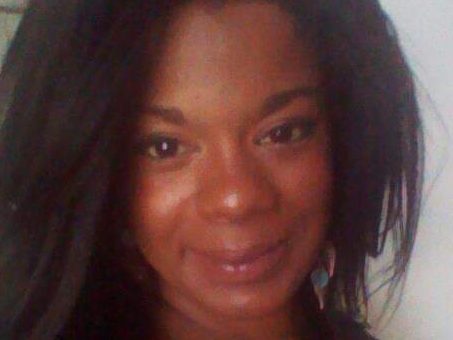Make higher education affordable for students like me
Published 3:00 pm Friday, May 3, 2019
By Ariel Tomlinson
As a black woman who was raised in poverty, I understand what it means to face constant hardships.
I grew up in a single parent household watching my mother’s mental health deteriorate over time. She relies on disability checks to support herself, so hasn’t been able to financially support me for college.
Trending
Attending college has always been a dream of mine, but the road hasn’t been easy. After dropping out of high school at 15, I went back to get my GED at 20. Eventually, I enrolled in the Community College of Denver and graduated in 2015.
Currently, I’m pursuing my bachelor’s degree at Metropolitan State University in Colorado. Pell Grants help finance my higher education, but there’s a lot they don’t cover. I still have to take out student loans to fill the financial gap, which means I’m taking on student debt to fund my education.
My experience might be different if Congress acts soon and reauthorizes the Higher Education Act (HEA) — by far the most important law in higher education. The HEA hasn’t been reauthorized in more than 10 years, which means the needs of college students across our country aren’t being met.
That’s because the cost of attending a 4-year higher education institution has risen 1,122 percent since 1978. Meanwhile, 95 percent of jobs created since the Recession have gone to someone with an education beyond high school. Getting yourself out of poverty basically requires a postsecondary education, which means taking on debt.
Still, many families like mine fear that getting an education might not be worth the debt they take on.
My two younger sisters, Destiny and Kayla, have decided to not attend college. They’re both bright and talented individuals that I know would succeed in college, but they’re afraid of the debt they’d incur. They’ve told me that watching me struggle to pay for school has influenced them not to pursue a college degree.
Trending
This truly breaks my heart as their older sister, but I understand student debt is a risk not everyone wants to take. For many young people who wish to attend college, this debt can deepen already stark inequality, especially for people of color like me.
Pell Grants are among the most common ways that low-income students can afford college. But even the maximum Pell Grant award of roughly $6,000 doesn’t come close to covering tuition, books, and living expenses. That’s why many low-income students are forced to take out loans to finance the rest of our education and burden ourselves with debt we know we can’t afford.
Updating the HEA could help ensure that Pell recipients are receiving the necessary financial aid they need to avoid graduating with crippling debt. And it could make the financial aid process simpler to ensure students are getting the money they qualify for. I intend to continue my higher education journey through my Master’s degree, though I know this will likely increase my student loan debt. Frankly, the idea of owing more debt terrifies me. But like many other college students, I have no other choice but to take out more loans to ensure I get the education I need to find a job that pays well.
Maybe one day we’ll have debt-free college in this country. Or maybe, as Senator Elizabeth Warren recently proposed, working people will get their student debt forgiven.
Until then, there’s a simple step we can take: Reauthorizing the Higher Education Act and making sure today’s students get a fair chance at a successful higher education experience.
Ariel Tomlinson is a mental health and higher education advocate based in Denver, Colorado. Distributed by OtherWords.org.






